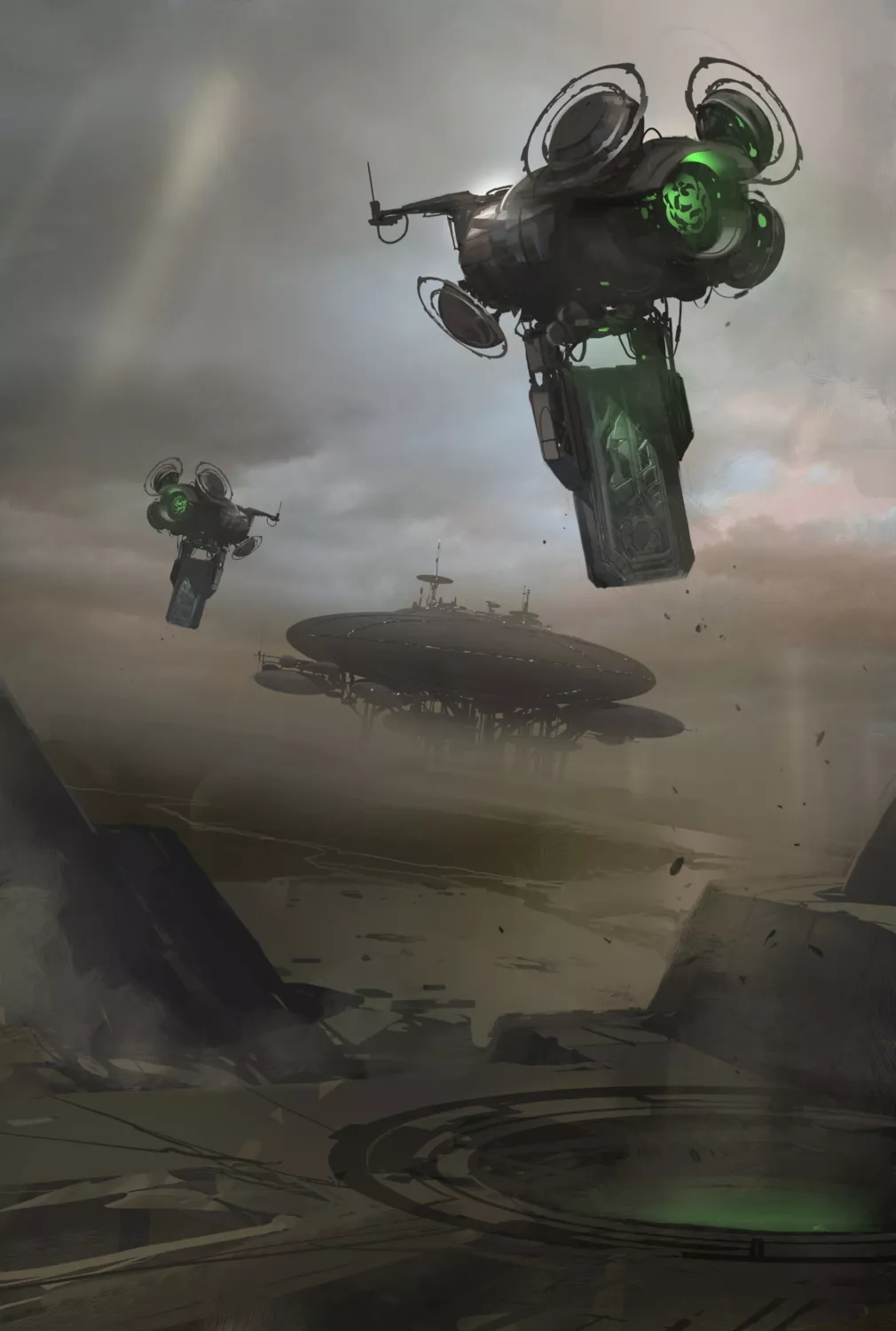1.) What can you tell us about your Unioverse story?
My story is “Vanetta 4.” A retired bounty hunter yearns to repair the estranged relationship between himself and his daughter. His quest brings him to the Hub where he finds out that she’s fled to another galaxy in the system. When he gets to the planet where she’s hiding, he discovers that she’s in deep trouble and so he tries to rescue her. The story has lots of misdirection and betrayals. I wanted to show that even in a futuristic world like in the Unionverse, there’s much that falls between the cracks, that its characters are complicated and will cut ethical and moral corners. The vastness and complexity of the Unioverse gave me a rich platform to explore themes of longing, failure, and redemption.
2.) You’ve been described as “a very disturbed man–and I mean that in the absolute finest sense of the term.” What type of disturbance were you looking to create in the Unioverse?
The disturbance I wanted to play upon was one of my favorite literary devices—treachery in the form of the double-cross. Nothing gets the writer juices flowing like having a trusted friend stab you in the back. Add some old-fashioned greed and corruption and that’s more fodder for a good story.
3.) What’s your advice for aspiring writers who may want to create and publish their own Unioverse stories?
For starters, understand story structure and how to write interesting, empathetic characters, and how to manipulate tension and suspense to keep your readers engaged. Every story is a character study, meaning the reader is following a protagonist acting on an agenda and moving toward a definite goal. What makes the story compelling is putting obstacles in front of that goal and seeing how the protagonist reacts to those problems.
For writing in the Unioverse, study the story world, its rules and the dynamics. Then think of the most imaginative concept that fits in that world and run with it.
4.) Was writing for someone else’s IP harder or easier than creating your own? How so?
Every story is a unique challenge to write. Even if you’re writing in a narrow genre, you have to give the reader something new. Writing in the Unioverse IP made some issues easier, in that someone else has done the heavy lifting creating this complex and fantastic world. Then for me, the hard part was using my particular writing sensibilities to create a story that both fits and fleshes out what we know about the Unioverse. Part of the mandate to us writers was to create stories that added more “world” to this particular IP.
5.) Considering the Unioverse will span books, videogames and more — do you have any thoughts on what a “story” is in this day and age?
Books, videogames, and other media are just that, mediums for telling a story; the fundamentals remain the same. We need interesting characters that we care about. Those characters need challenging but achievable goals. The story—whether in written, audio, or visual format (with a definite beginning, middle, and end), or as a dynamic, interactive game—is a vicarious experience that must immerse the reader. While we like evermore sophisticated video games, at the same time, we’re just as willing to sit around the campfire and invite someone to literally “tell us a story.”

